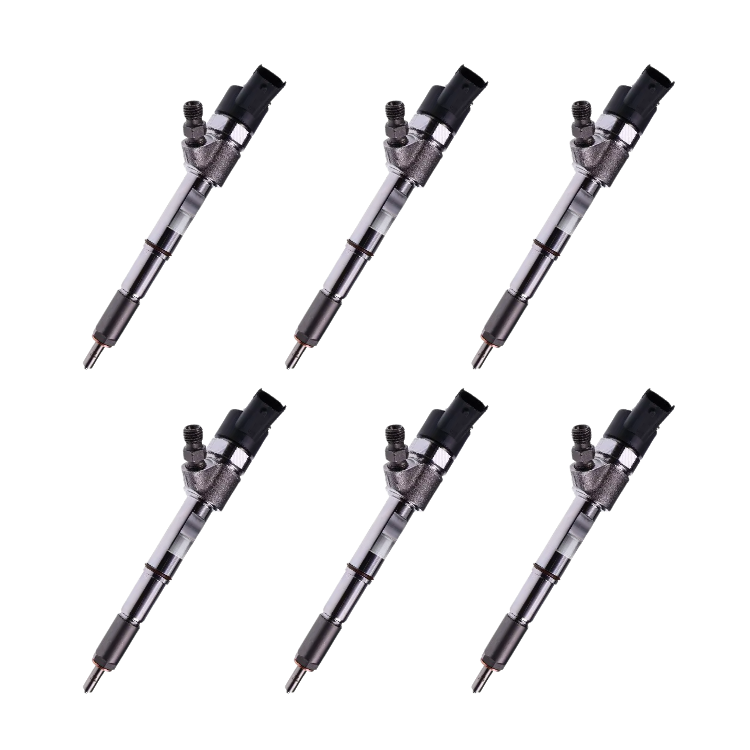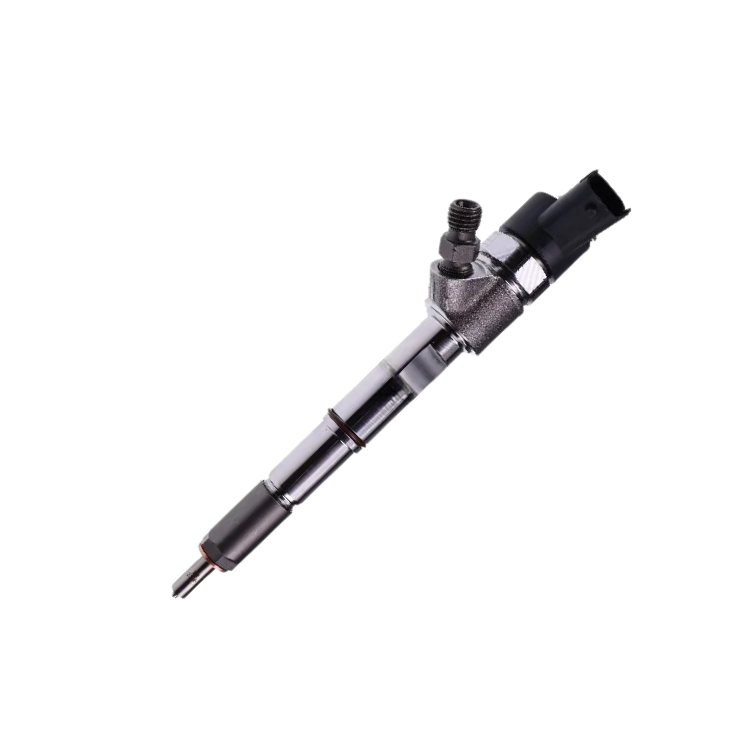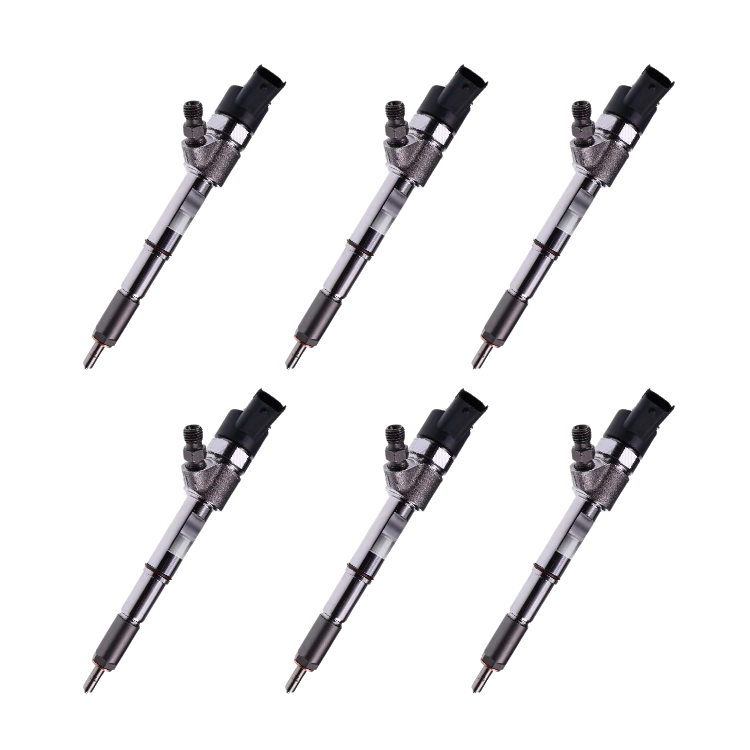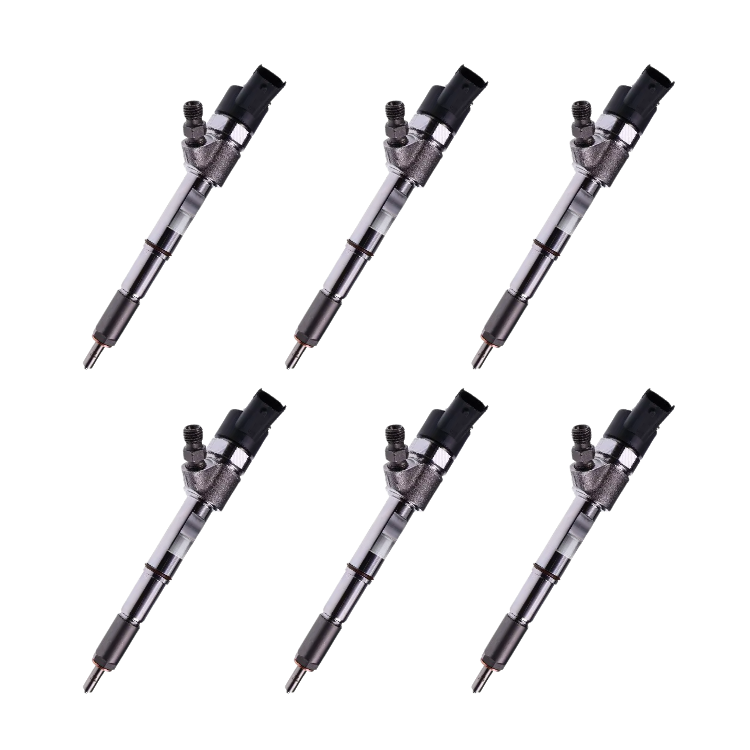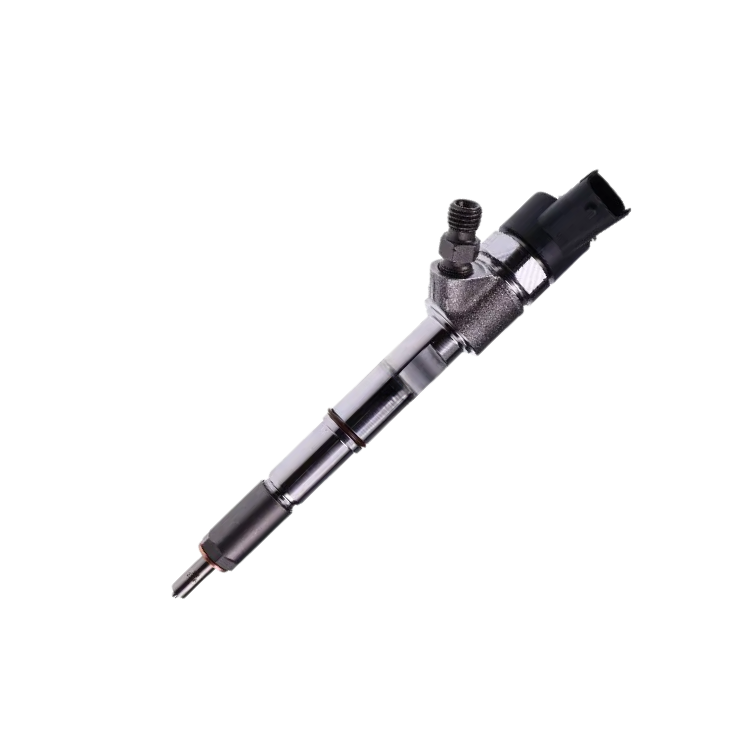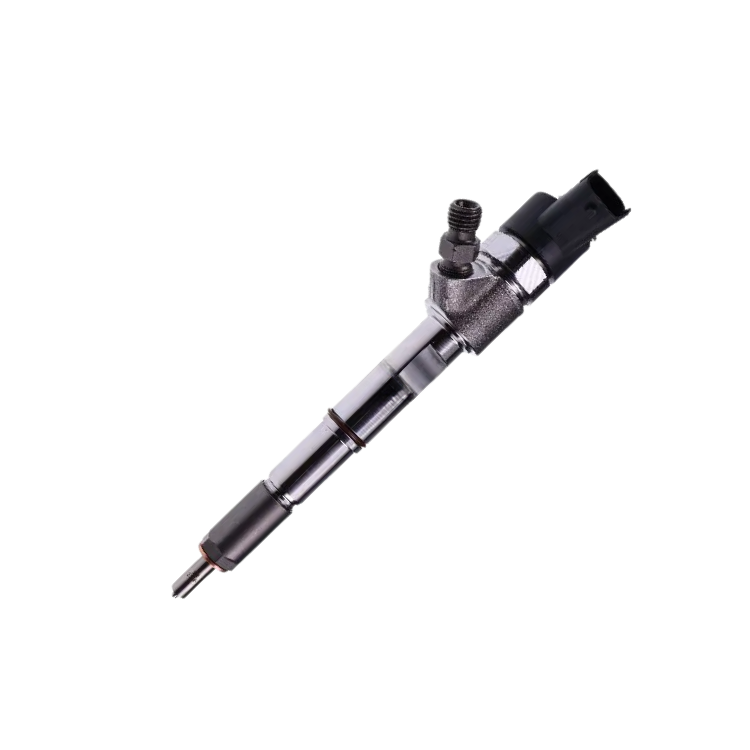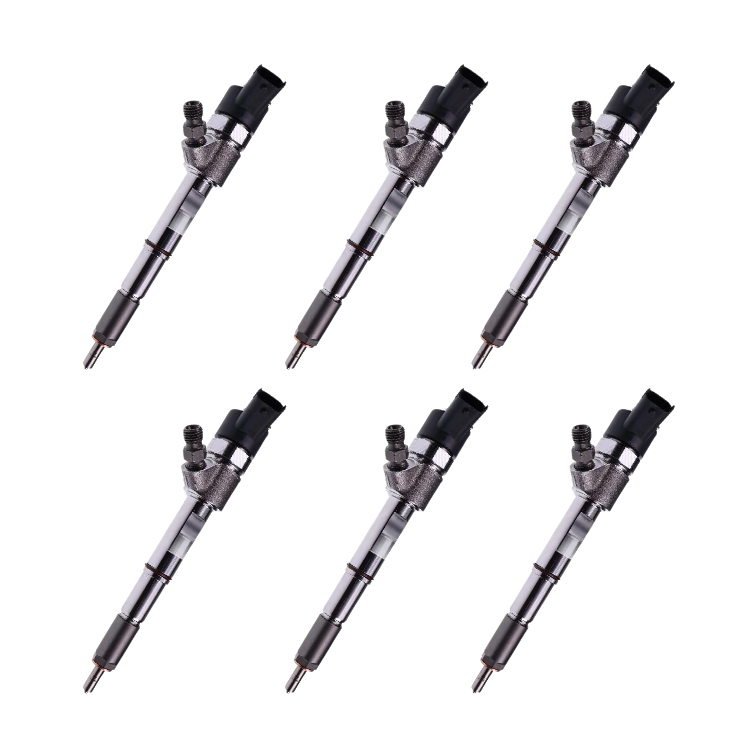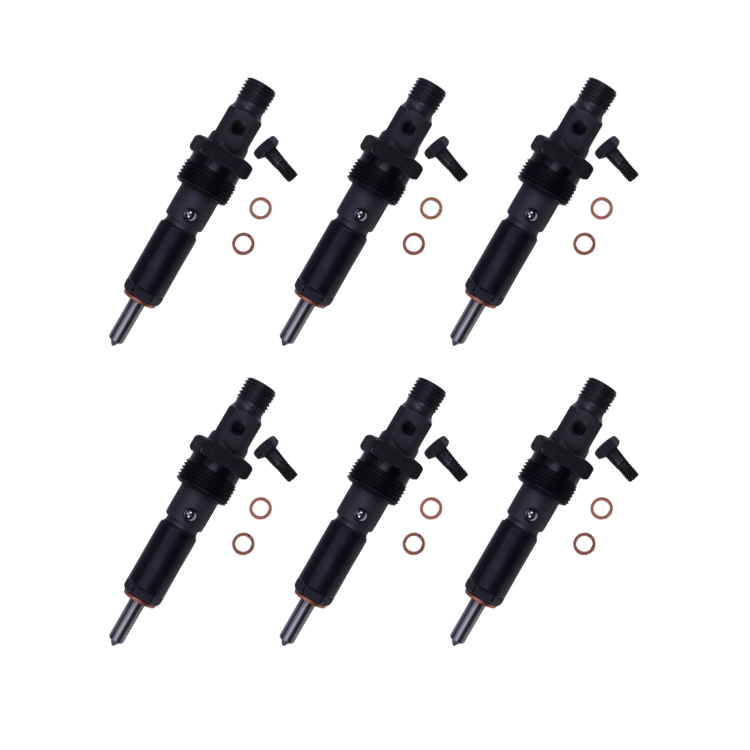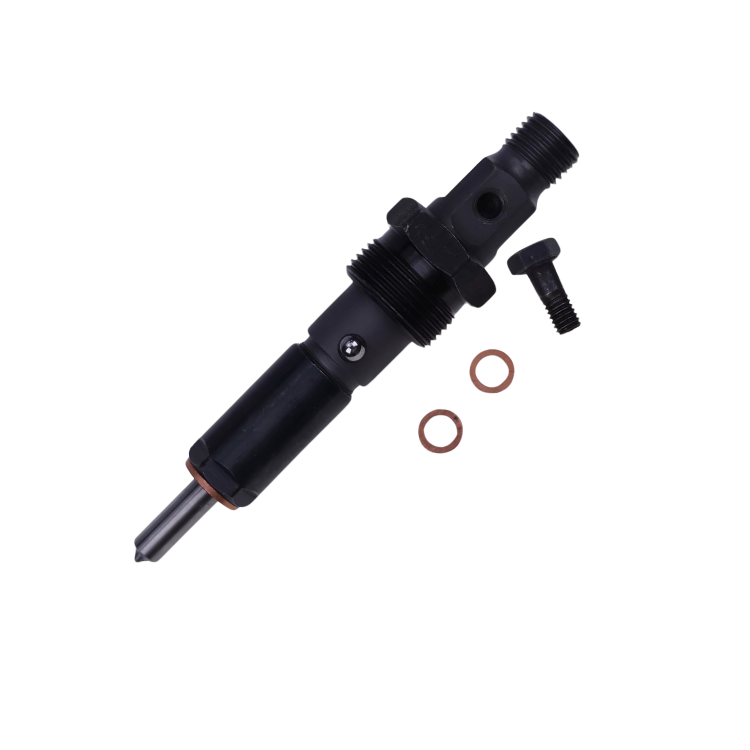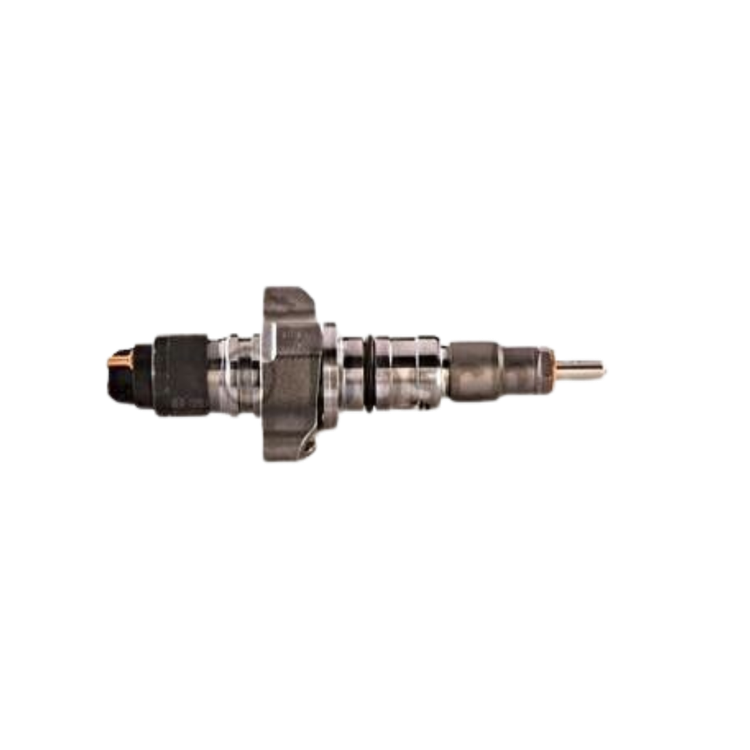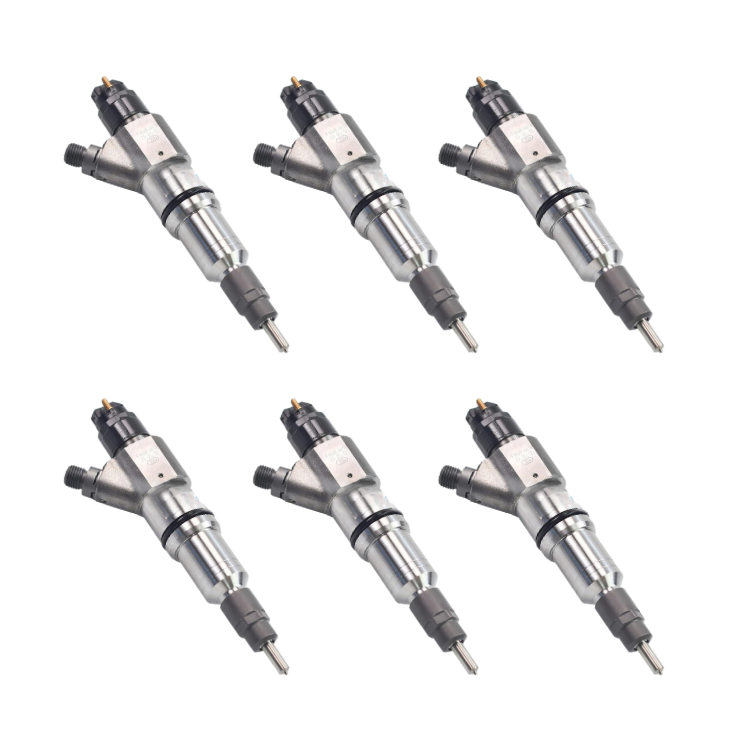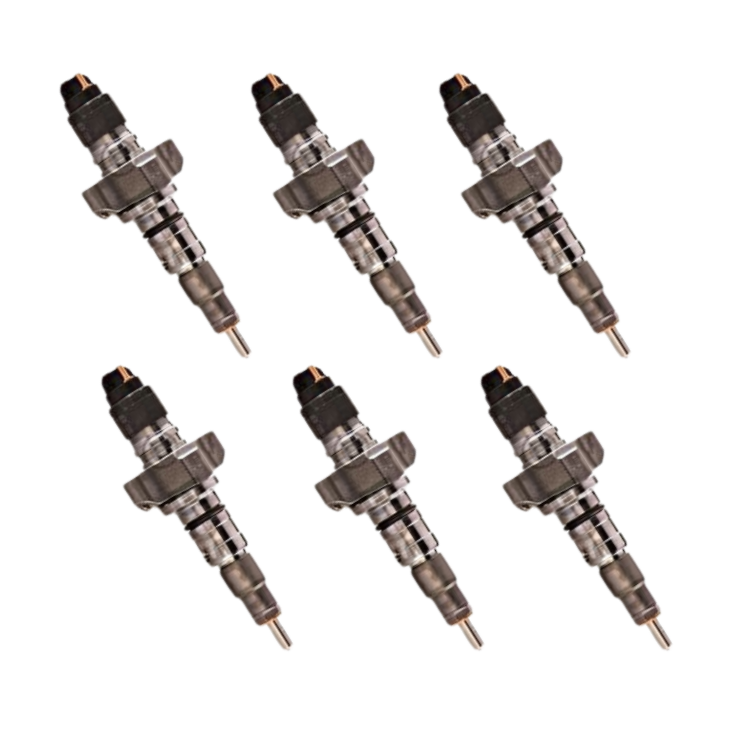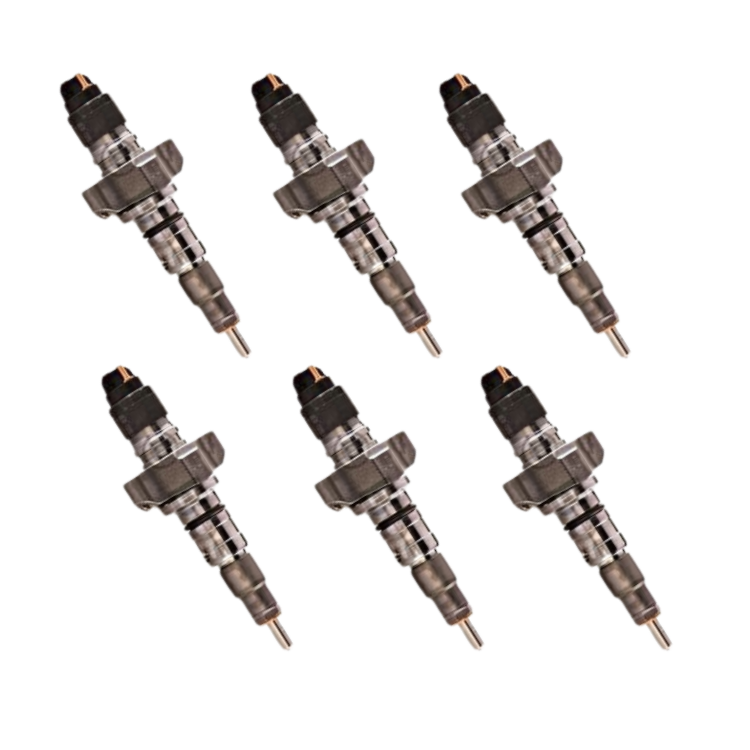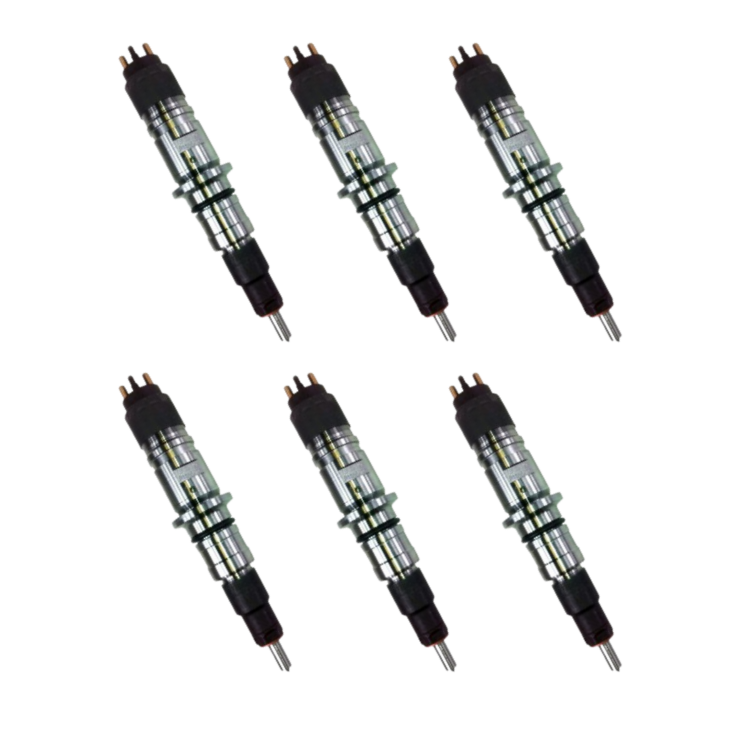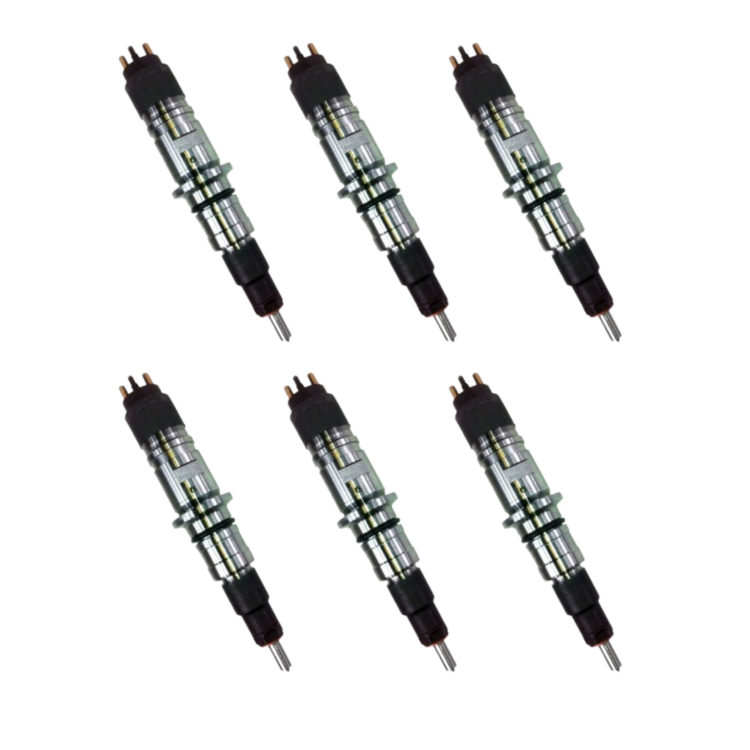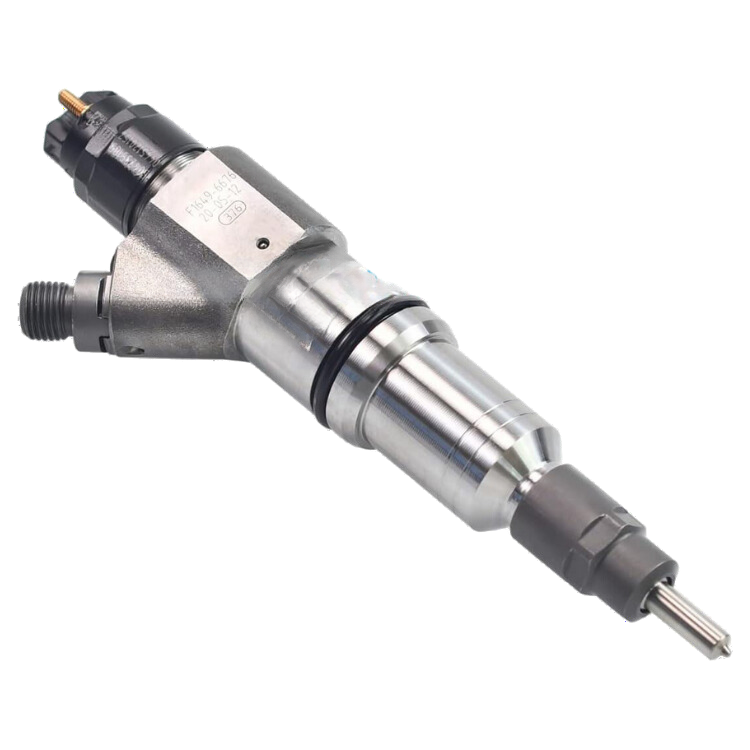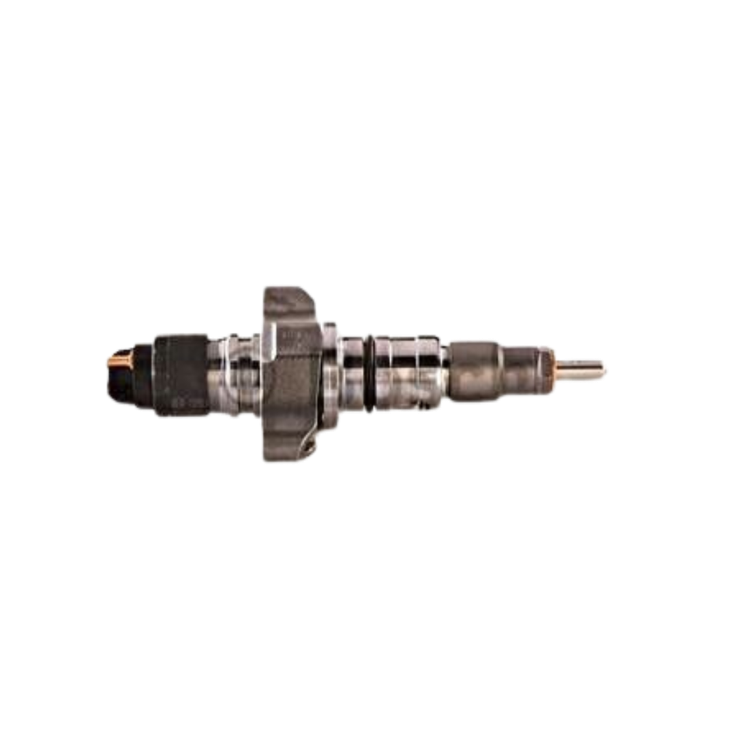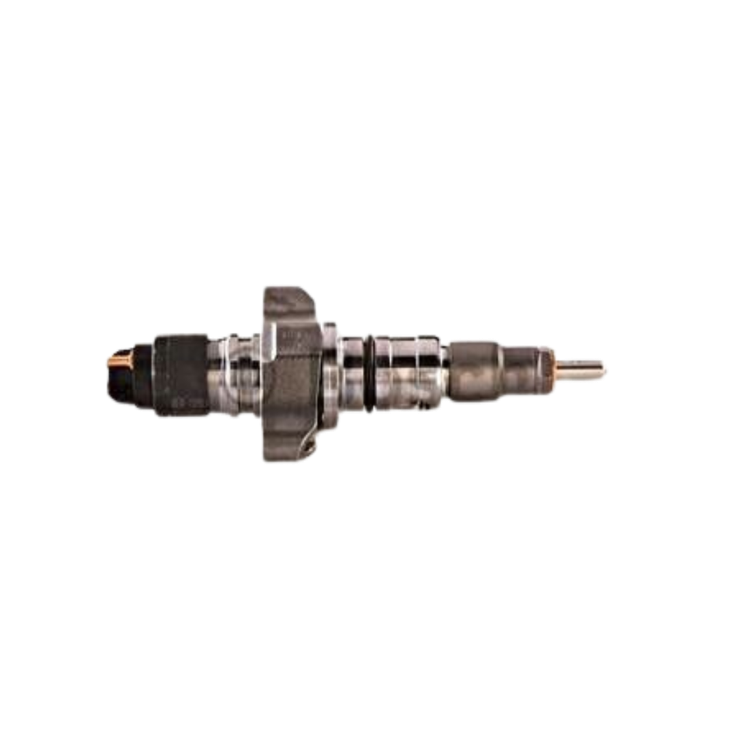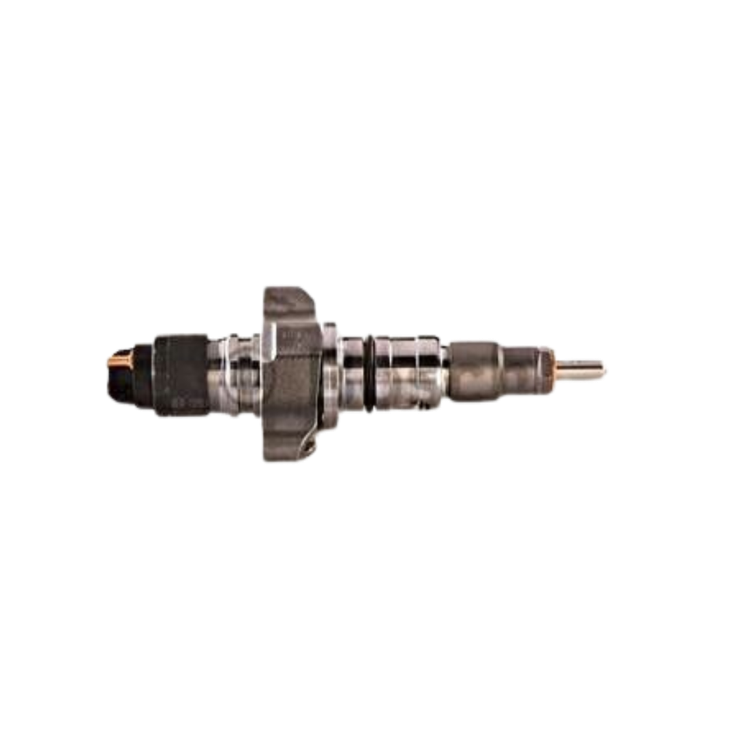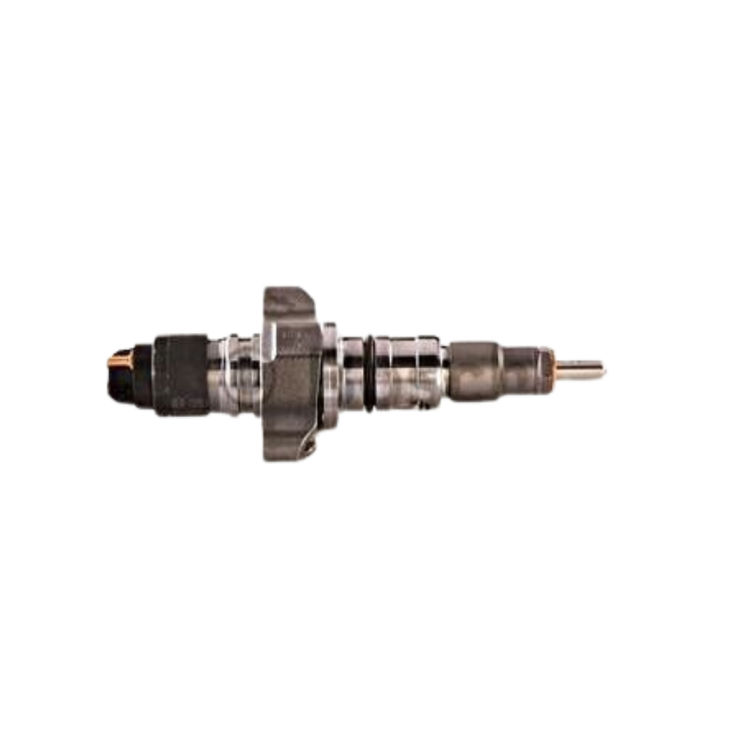Fuel injectors are critical for maintaining efficient fuel delivery in modern diesel and gasoline engines. They’re built to handle extreme conditions—high temperatures, pressure, and constant operation. However, like any component, they wear out over time. Knowing the average lifespan of a fuel injector can help you plan for maintenance and avoid unexpected breakdowns.
Average Lifespan of Fuel Injectors
-
Typical Range
Most fuel injectors are designed to last between 80,000 to 150,000 miles, depending on the quality of the injector, fuel used, and overall engine maintenance. -
Driving Conditions Matter
Harsh environments—frequent short trips, dusty roads, or towing—can shorten injector life due to more buildup and heat stress. -
Diesel vs. Gasoline Engines
Diesel fuel injectors usually operate at higher pressures and may wear faster if not maintained. However, modern diesel injectors can still last 100,000 miles or more with proper care.
Factors That Impact Longevity
-
Fuel Quality
Dirty or low-grade fuel can cause clogging or internal wear. Using clean, filtered fuel helps extend the life of injectors. -
Maintenance Schedule
Regularly replacing fuel filters and cleaning injectors can prevent buildup and corrosion, reducing premature failure. -
Injector Type
Piezoelectric and high-pressure common rail (HPCR) injectors tend to have tighter tolerances and may be more sensitive to contaminants, affecting their durability. -
Engine Tuning and Modifications
Aftermarket tuning or poor calibration can overstress injectors, shortening their service life.
Fuel injectors are durable but not invincible. With regular fuel system maintenance, clean fuel, and timely filter changes, many injectors can exceed 100,000 miles of reliable service. Monitoring for early warning signs—like poor idle, increased fuel consumption, or misfires—can help you catch issues early and protect your engine from further damage.






